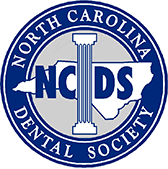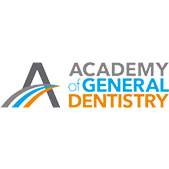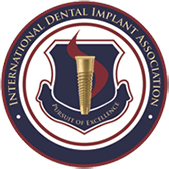Oral cancer screenings are done so that the dentist can check your mouth for any signs of cancer of pre-cancerous conditions in an attempt to catch it early, which would then lead to better chance of a cure.
Should I Get an Oral Screen Done?
This examination is done during a routine dentist visit, but some dentists will suggest you get additional tests done on cells from your mouth. There has been some disagreement about whether healthy individuals would need these screenings, since many will not be at risk or showing symptoms. Your dentist will decide whether they think you’re at risk or need extra testing.
Risk Factors for Oral Cancer
Some believe that because there is no single test that can be done that has been exclusively linked to saving lives, that is isn’t necessary to screen everyone. It is true that those who have higher risks of oral cancer would benefit from the screening. Some of these risks include:
–Tobacco use of any kind. This includes cigarettes, cigars, pipes, or chewing tobacco.
–Heavy use of alcohol.
–Previous cancer diagnoses of any kind.
–History of significant exposure to the sun- this can increase the risk of lip cancer.
What to Consider before a Screening
While getting an oral screening can help many people, there are also some factors to consider.
–Oral screening could lead to other tests. If there are sores in your mouth, a visual screening cannot determine their origin or whether or not they are cancerous.
–A screening will not detect all forms of mouth cancer. Looking at a person’s mouth usually isn’t sufficient enough, particularly if there is a precancerous or tiny cancer lesion.
–The screening hasn’t been proven to save lives. While there isn’t evidence that routine oral exams reduces the number or deaths that cause oral cancer, screening can help to find cancers early, when there is the best chance for a cure.
Symptoms of Oral Cancer
There are some symptoms that you can look out for. The first is to think about whether or not there are any lesions in your mouth, white or red. Generally, these will take care of themselves in about two weeks. However, if they do not, this could be a sign that you should talk to your dentist. Other symptoms to watch out for include: a lump/thickening in soft tissues, soreness/feeling like something is caught in your throat, difficulty chewing/swallowing, ear pain, difficulty moving jaw/tongue, hoarseness, numbness any area of the mouth, or swelling of the jaw.
If you have any of these symptoms for more than 2 weeks, you will want to have your mouth inspected. Some tests may be necessary.
No matter the level of risk for mouth cancer, its best to talk to a professional to get their opinion on routine oral screenings. If you have any questions on the subject, feel free to contact Modern Family Dental Care. We offer an extensive list of dental services in Concord and Charlotte.





